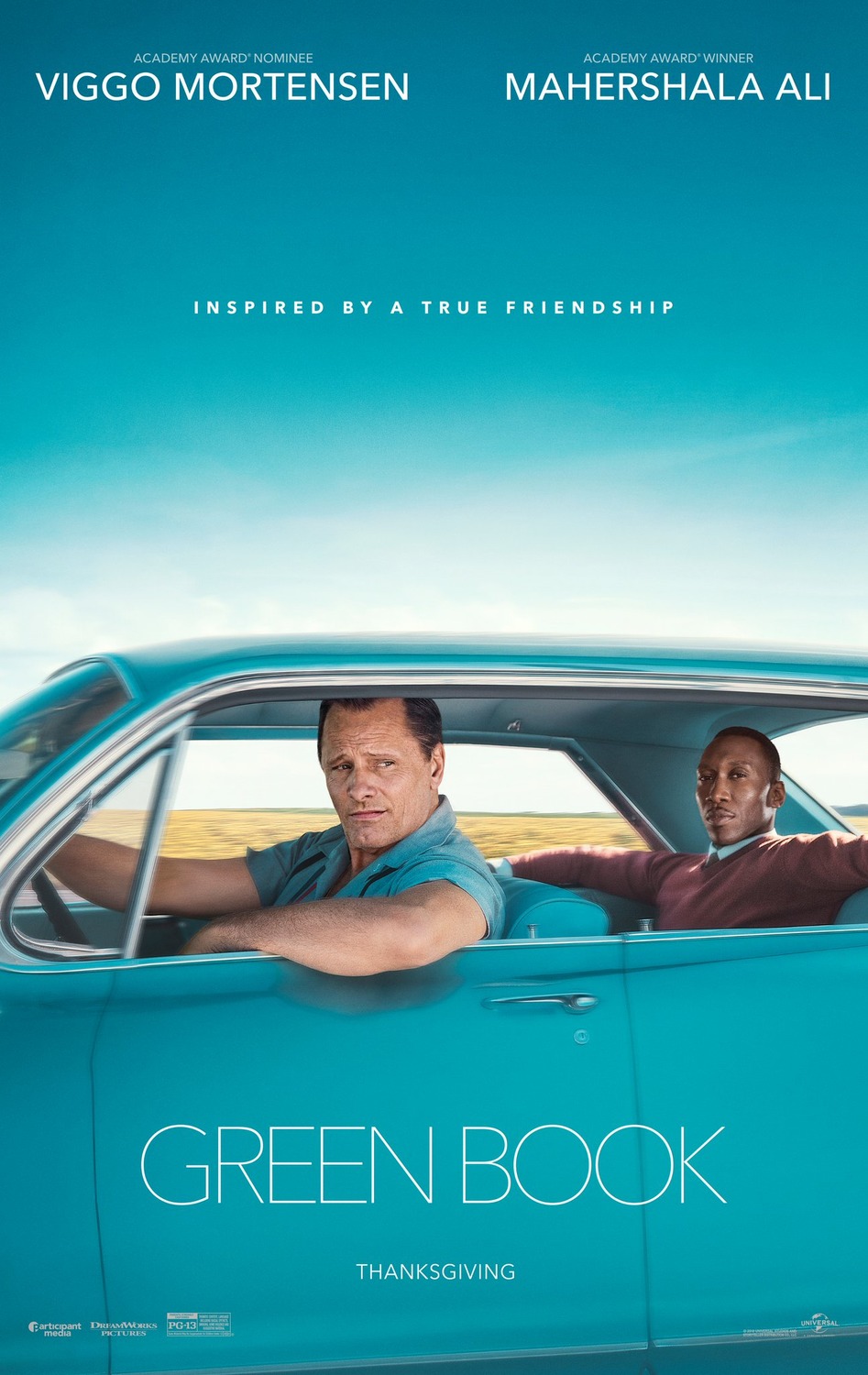Twenty-five years ago, we first heard of the Farrelly Brothers when they gifted us with Dumb and Dumber, which, in turn, launched a string of raunchy, juvenile comedies from the siblings, including Kingpin, There’s Something About Mary, and Me, Myself & Irene. While their movies generally involve a bit of genuine heart mixed in with all the slapstick nonsense, neither brother has ever ventured out of his comfort zone to give us something truly moving and worthy of making audiences (adults, anyway) stand up and cheer.
Green Book, however, proves there’s much more to the Farrelly name than just snot jokes and private parts caught in zippers. Directed and co-written by Peter Farrelly (sans brother Bobby), the film is legitimately in the running as one of the best of 2018—a complex, multi-layered drama that’s accentuated by ample humor and serves as the platform for two of the more compelling performances in recent years.
Inspired by (but not technically “based on”) two months in the life of African-American piano virtuoso Don Shirley (Mahershala Ali) and his Italian-American chauffeur Tony “Lip” Vallelonga (Viggo Mortensen), Green Book takes place in the fall of 1962, largely in the Jim Crow South. While it would be easy to dismiss it as an inverted version of Driving Miss Daisy, that’s just a cheap generalization that short-shrifts both films. Green Book tells its own story and does it very, very well.
The film opens with Tony working as a “tough” at the famous Copacabana, which is getting ready to close for a few months for renovations, leaving him in need of short-term work. In a subsequent scene, we learn how vehemently racist Tony is, which promptly sets the stage for his imminent hire by Shirley to drive him throughout the South for an upcoming concert tour.
What starts as a contentious relationship (Tony, with a sneer, refuses to even load Shirley’s suitcases into the trunk at the outset) eventually begins to thaw, the more time they spend on the road together. Each man learns more about the other, until we finally see the seeds of an actual friendship begin to sprout. (A mid-movie scene involving Kentucky Fried Chicken is particularly priceless.)
The script, which Farrelly co-wrote with Brian Hayes Currie along with Tony’s real-life son Nick Vallelonga, is a deftly crafted presentation not only of portions of the South in the early ’60s but also of the two men at the story’s core. While not remotely as violent and utterly atrocious as films such as Mississippi Burning, for example, Green Book does present the prejudice at least somewhat realistically. The fact that it’s admittedly muted shouldn’t be considered a shortcoming; it ensures that a wide-as-possible audience (say, tweens and up) can get a strong sense of the time… and then carry that discussion over to the present day.
For their part, Ali and Mortensen offer up performances that demonstrate the way that pure, raw talent is able to take what could have dissolved into a series of tropes and instead elevate the material into something truly poetic and multi-layered. Yes, it’s pretty clear from the beginning exactly how this story will play itself out, but the fact that the film remains riveting, entirely captivating entertainment is proof that sometimes the journey is just as important as the destination. And Green Book is among the best trips you’ll take this year.
Rating
5/5 stars
